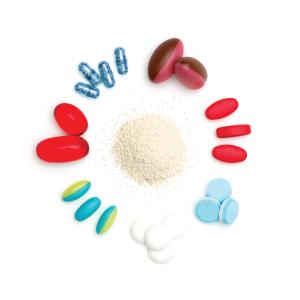
Executive Summary: From Molecule to Formulation: A Systematic Approach to Assess Biologics Developability
The development of biologics, from initial molecule selection to commercial product, presents complex challenges related to stability, manufacturability, and immunogenicity. Skipping essential risk assessments can lead to costly consequences, including reformulation, reduced shelf life, additional testing, regulatory delays, or even project termination. Download this article to learn more about how a structured, data-driven developability workflow can de-risk biologics during early stages of development.













